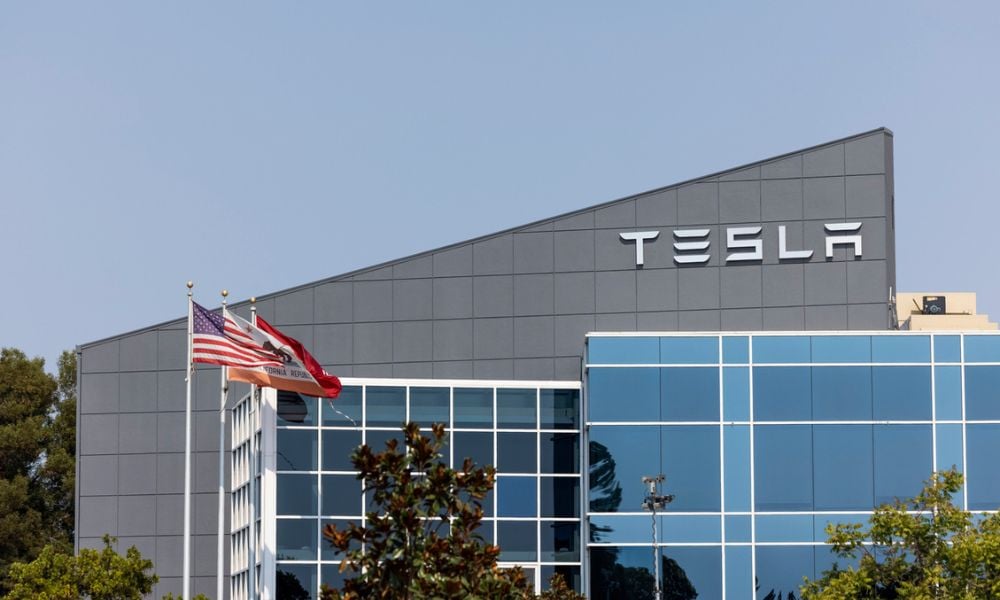For workers in these particular fields, a wage hike may be the end of the line

A new study by the US-based National Bureau of Economic Research (NBER) suggests that government-mandated raises to minimum wage may not actually be helping low-skilled workers, but forcing firms to swap them out for automation technologies.
Researchers found that, across industries, minimum wage increases cause a statistically significant reallocation of labour away from automatable tasks.
As of July this year, Singapore has mandated an increase of $100 in minimum wage for locals working for firms that intend to hire foreign workers as well – this, in a bid to ensure Singaporeans continue to have jobs amidst rising global competition. By next year, that figure will rise another $100, amounting to $1,200.
While the spirit of this policy is to protect local workers in an increasingly competitive job market, it does put extra burden on the firm to be able to afford these employees. Meanwhile, the Singaporean government has also been forging ahead with its Smart Nation initiative – incentivising organisations to adopt new tech into their internal processes.
With workers becoming more expensive, and governments supporting the adoption of automation technologies, it seems like the perfect storm for massive human job losses.
Of course, the government has pushed for countless reskilling programmes aimed at equipping the labour force to properly embrace the tech revolution. But it’s not only the usual industries like manufacturing currently in the AI spotlight that will be affected.
“In the future, many more occupations that employ low-skill workers are on track to be automated, even if they are not currently labelled as ‘automatable’,” the study claims. “These include, for example, taxi drivers, cashiers, and bricklayers.”
Researchers pointed to Uber’s new self-driving cars, Amazon’s fully automated grocery stores, and a new machine from Fastbrick Robotics capable of laying 1,000 bricks an hour.
“It is important to acknowledge that increases in minimum wage will give incentives for firms to adopt new technologies that replace workers earlier,” the researchers said. “While these adoptions undoubtedly lead to some new jobs, there are workers who will be displaced that do not have the skills to do the new tasks.”
Related stories:
Korea takes first step towards levying robots
Six ways to keep a human touch in an automating world
Researchers found that, across industries, minimum wage increases cause a statistically significant reallocation of labour away from automatable tasks.
As of July this year, Singapore has mandated an increase of $100 in minimum wage for locals working for firms that intend to hire foreign workers as well – this, in a bid to ensure Singaporeans continue to have jobs amidst rising global competition. By next year, that figure will rise another $100, amounting to $1,200.
While the spirit of this policy is to protect local workers in an increasingly competitive job market, it does put extra burden on the firm to be able to afford these employees. Meanwhile, the Singaporean government has also been forging ahead with its Smart Nation initiative – incentivising organisations to adopt new tech into their internal processes.
With workers becoming more expensive, and governments supporting the adoption of automation technologies, it seems like the perfect storm for massive human job losses.
Of course, the government has pushed for countless reskilling programmes aimed at equipping the labour force to properly embrace the tech revolution. But it’s not only the usual industries like manufacturing currently in the AI spotlight that will be affected.
“In the future, many more occupations that employ low-skill workers are on track to be automated, even if they are not currently labelled as ‘automatable’,” the study claims. “These include, for example, taxi drivers, cashiers, and bricklayers.”
Researchers pointed to Uber’s new self-driving cars, Amazon’s fully automated grocery stores, and a new machine from Fastbrick Robotics capable of laying 1,000 bricks an hour.
“It is important to acknowledge that increases in minimum wage will give incentives for firms to adopt new technologies that replace workers earlier,” the researchers said. “While these adoptions undoubtedly lead to some new jobs, there are workers who will be displaced that do not have the skills to do the new tasks.”
Related stories:
Korea takes first step towards levying robots
Six ways to keep a human touch in an automating world





